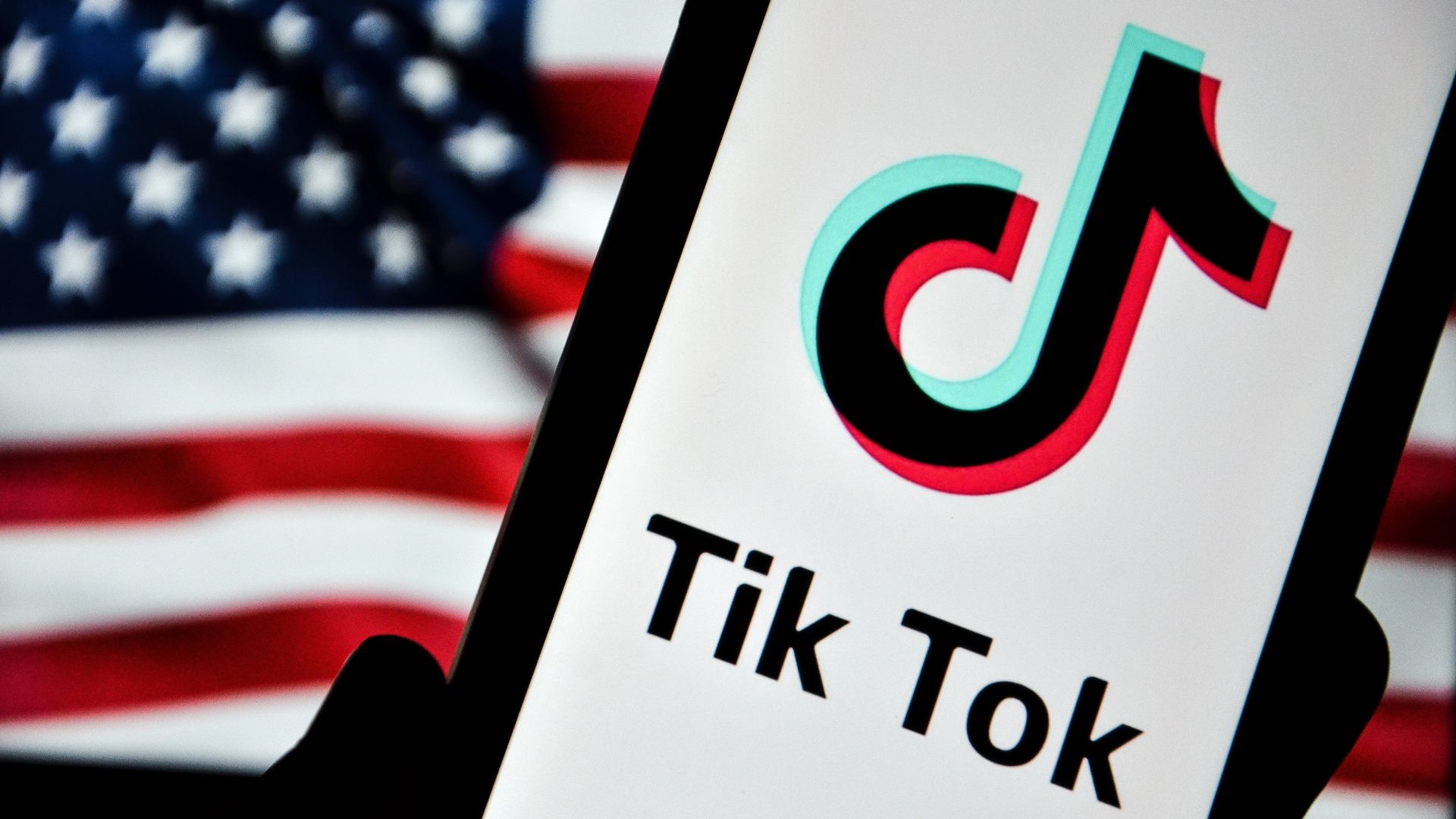
TikTok’s legal representatives are appearing before the US Supreme Court in a last-ditch effort to reverse a potential ban on the platform. In the prior year, the US Congress instituted a law mandating that TikTok must either sever ties with its parent company, ByteDance, or face being blocked entirely in the country. The premise behind this decision is concerns that TikTok could serve as a conduit for political manipulation and espionage. TikTok contends that the accusations are unfounded and maintains that such a ban would infringe upon the free speech rights of its users in America.
The case has previously advanced through lower courts, which have generally upheld the US government’s stances. Historically, the Supreme Court is not likely to overturn such earlier rulings. Yet, this particular case may carry more weight due to a recent legal brief submitted by Donald Trump’s lawyers, indicating he “opposes the TikTok ban” and would prefer to handle the situation through political channels once he takes office again.
While this filing should ideally not alter the Supreme Court’s impending decision, it introduces a unique element as such occurrences are quite unprecedented.
The legislation opposing TikTok garnered bipartisan support in Congress, reflecting widespread apprehensions regarding the platform’s alleged connections with Chinese authorities and its potential influence on American youth. Notably, TikTok faces similar scrutiny internationally, having been banned in India and facing targeted restrictions elsewhere, such as in the UK, where it is prohibited on government devices.
On its part, TikTok has refuted claims of swaying from the Chinese Communist Party and is advocating for the Supreme Court to invalidate the law as unconstitutional or at least postpone its enforcement to allow a thorough review. Some speculate that, even if the company were granted more leeway or an opportunity to negotiate with Trump, its future appears uncertain.
“I doubt that any president, including future President Trump, will be able to find a resolution that satisfies US national security needs, especially since I don’t envision ByteDance consenting to it,” remarked attorney Peter Choharis, associated with the Foundation for Defense of Democracies. “This issue revolves around control and how the Chinese Communist Party, alongside the Chinese government, strategically utilizes many internet firms, notably social media companies like TikTok.”
Several TikTok users in the US have filed a lawsuit in defense of the platform, with organizations such as the American Civil Liberties Union and the Freedom of the Press Foundation also supporting TikTok, arguing that the US government has not presented any credible proof to substantiate its manipulation allegations.
The expected ban is projected to take effect on January 19, 2025, coinciding with Trump’s inauguration, and a Supreme Court decision is anticipated prior to that date.
